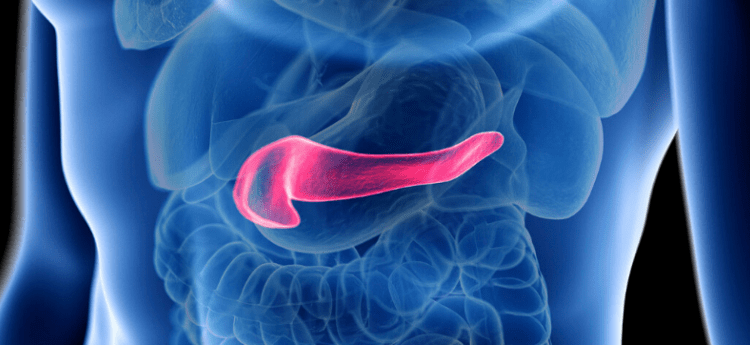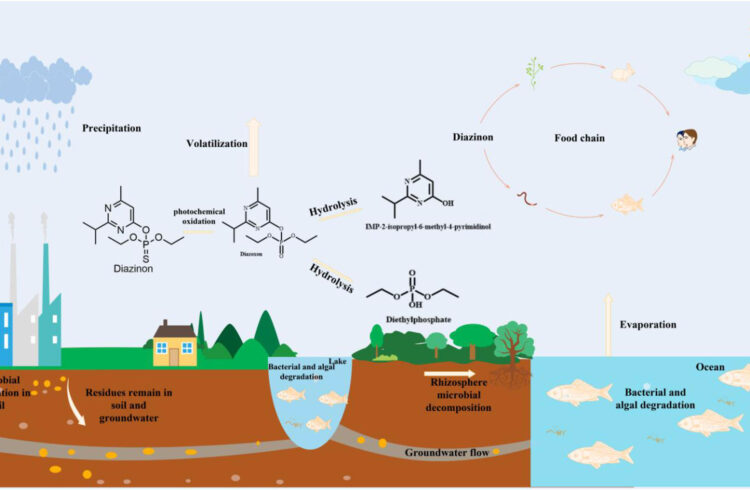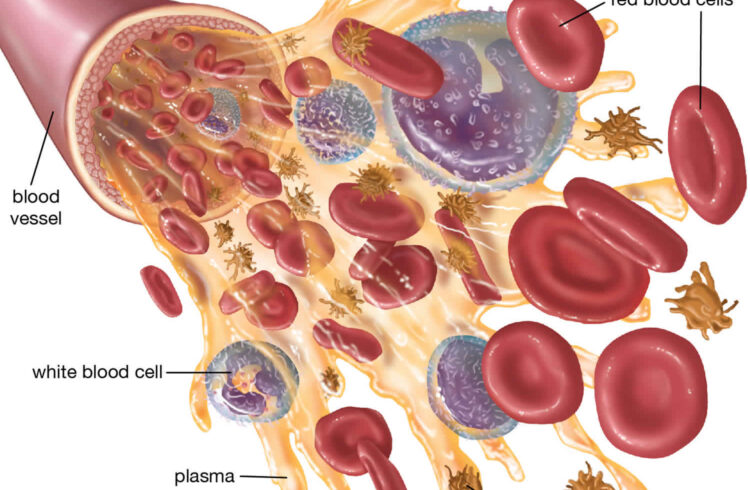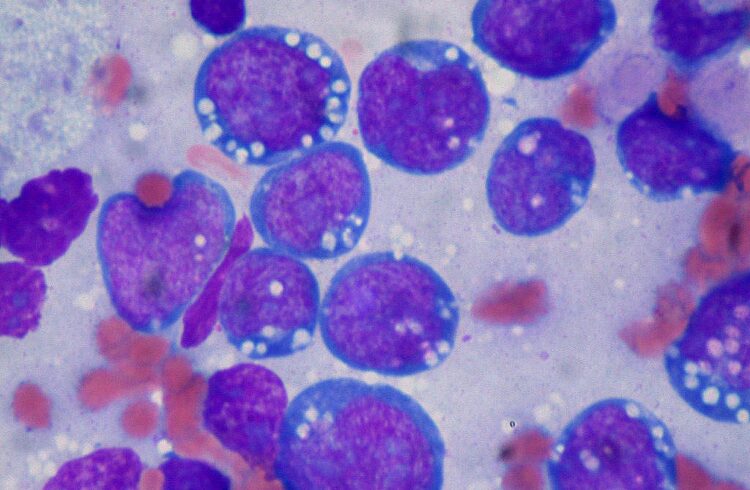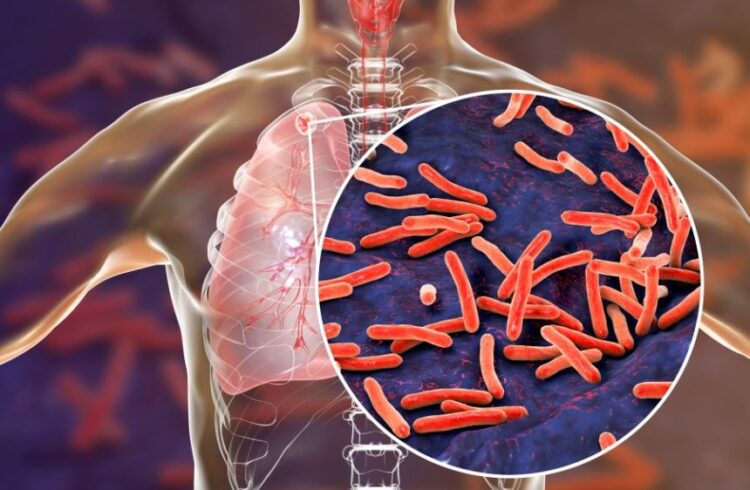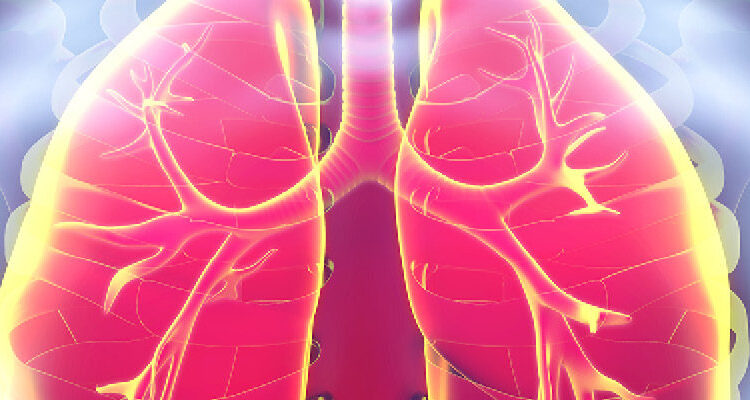Diabetes has been reported to be associated with cancer development in the United States since 2010. People with diabetes have a 20% higher risk of cancer than individuals without diabetes. Primarily, it is twice as much for pancreatic and liver and 1.4 times for colorectal cancer. On the other hand, breast cancer and prostate cancer […]
Author: Molly
Diazinon (DZN) is an organophosphorus pesticide widely used in agriculture and livestock to prevent the spread of pests. Sadly, DZN is known to cause significant toxicity to tissues such as the heart, liver, and kidneys. In addition, its effects on oxidative stress, pro-inflammatory activity, DNA synthesis, and metabolism can harm humans and animals. On the […]
According to the American Cancer Society, the estimated number of new cancer cases and deaths in 2022 will likely be 1.9 million with new cases and 609,360 deaths in the United States alone. Among them, colorectal cancer known for a low survival rate has affected many people regardless of gender. On a positive note, Fucoidan […]
When myocardial infarction, also known as cerebral infarction, occurs, so-called ischemia-reperfusion injury occurs in which blood flow temporarily stops and resumes. In other words, when the blood flow stops, the oxygen supply to the tissue is cut off, and the tissue becomes hypoxic. As the blood flow resumes, oxygen is rapidly supplied, causing oxidative stress […]
Since the Covid 19 pandemic, enhancing the immune system is mainly considered a critical defense system to protect your body from viruses. So in this blog, I would like to discuss one of the means, probiotics, which can be shared to enhance your immunity by fucoidan. Fucoidan, a sulfated polysaccharide in brown algae, contains […]
The liver is the largest organ in the human body, a well-known fact. Hence, it is highly susceptible to damage because massive blood vessels such as the hepatic artery, portal vein, and hepatic vein run densely. Therefore, the injury mainly includes significant bleeding. As the liver is vulnerable, there is a high risk of hemorrhagic […]
Burkitt lymphoma is a type of tumor that is the fastest-growing tumor in humans. The endemic type of Burkitt lymphomas is common in Africa and often manifests as swelling of the mandible (jaw bone) or facial bone. In sporadic (non-African) Burkitt lymphomas, abdominal lesions dominate, often originating from the ileocecal valve or the mesentery area. […]
The United States has been seeing growing issues with illegal immigrants coming from nearby countries. They are mainly coming from Latin America. These nations are known for various tuberculosis cases, especially high rates of Tuberculosis in large cities and prisons, with half of all illnesses in Peru, Brazil, and Mexico. Therefore, we have to prepare […]
Helicobacter pylori is a bacterium discovered in the 1980s that commonly inhabits the stomach and causes damage to the mucous membranes. Helicobacter pylori are closely related to the development of gastric ulcers (gastric ulcers and duodenal ulcers). It is believed that infection with Helicobacter pylori causes atrophic gastritis, which leads to gastric cancer. This condition […]
Asthma is a heterogeneous inflammatory disease that affects the lungs’ airways. It is usually characterized by an influx of inflammatory cells followed by airway obstruction and hypersensitivity. Excessive secretion of mucus. The classic form of asthma is mediated by T helper cell type 2 (Th2) cells and is characterized by eosinophil inflammation and immunoglobulin (Ig) […]
